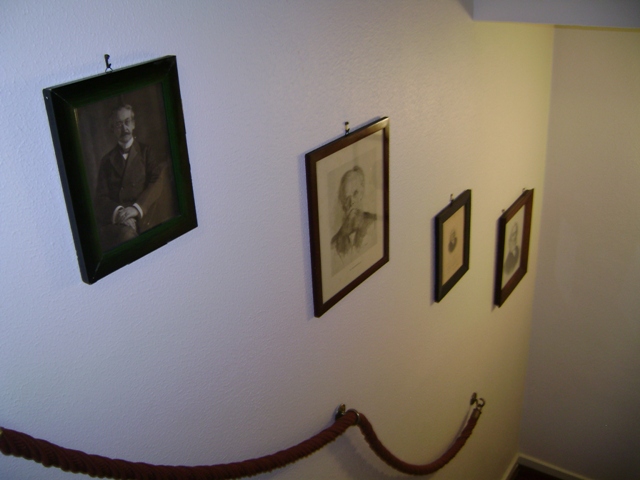
Barth’s lecture “Evangelical Theology in the 19th-Century” was given in Hannover to the Goethe Society, January 8, 1957, when Barth was seventy years old. The lecture contains three major sections plus a brief introduction and conclusion appropriate for a non-theological audience. After the introduction which defines the key terms of the title, Barth provides a summary or overview of the beginnings, course and eclipse of nineteenth-century Liberal theology (Karl Barth, “Evangelical Theology in the Nineteenth Century,” in The Humanity of God, 12-17). Barth’s overall assessment of Liberal theology is that “Theology turned into philosophy of the history of religion in general, and of the Christian religion in particular” (13). In an important biographical aside Barth recalls his utter despair and horror at the actions of his venerated theological mentors and realised that for him, “19th-century theology no longer held any future” (14). Yet Barth refuses to consign this theology to obscurity. Despite this ultimate failure of Liberal theology, Karl Barth affirms the liberals for their spiritual steadfastness and courage in the face of the onslaught of modernism, for their highly cultivated character, piety and openness to the world, as well as their focus on the historical nature of Christianity (16-18, 28).
The second section—and heart—of the lecture comprises Karl Barth’s assessment of the two key problems of Liberal theology (18-28). The first is the Liberals’ fundamental conviction that theology arises from the confrontation of the church and faith with the world. Thus, 19th-century theology was primarily concerned with the world, in order to demonstrate the rationality and relevance of faith. As a result the thought-forms of the world became normative for theology, thus rationalising and truncating theology (19). The second great problem was the Liberals’ search for universal grounds for faith, grounded in an innate capacity for religion, and demonstrated in the history of religion (21, 28-29). For Barth, not only was this apologetic strategy fruitless, but it also resulted in an eviscerated theology (22). The ethical result of this faulty theological method was an ‘uncritical and irresponsible subservience to the patterns, forces and movements of human history and civilisation’ (27). That is, the church lost its distinct identity and task, becoming instead a servant to the culture, and a chaplain to the warring state.
In his final section Barth pinpoints the ultimate cause of this theological failure: the theologians of the nineteenth-century operated within the worldview presuppositions of the Enlightenment which inevitably resulted in historicism, psychologism, and demythologisation: in short, the rationalising and curtailing of Christian theology (15, 19, and 21). Thus Barth asks his programmatic question:
What if by talking about Christianity as a religion these theologians had already ceased to speak of Christianity and hence were unable to communicate the faith with authority to those on the outside? What if the only relevant way of speaking of Christianity was from within? (30-31).
Thanks, Michael. That summary helps to place Barth’s thinking within the debate that occupied his time. Appreciated.
I still struggle with the last sentence though. Surely that has to be a relevant way of engaging people on Christianity, even if they don’t seem to be “within”?
I understand Barth’s comment here differently: ‘the only relevant way of speaking of Christianity’ – not in the sense of speaking of Christianity to outsiders, but of speaking of (genuine) Christianity per se; that is, of doing theology. To begin elsewhere whether with culture, religion, human religious experience or consciousness, etc., is already to speak wrongly of ‘Christianity.’ Christianity is not known or understood phenomenologically – that is, from the outside, but theologically – from the inside, from the work of God in Christ attested in Scripture.
One must speak to outsiders of Christianity, but the Christianity of which one speaks must truly be, Christianity, and not some religious projection of human experience, or a religious philosophy that begins, as Barth alleges, outside, with the world.
It is only a short lecture and well worth reading in full. You will find it in Barth’s little collection entitled, “The Humanity of God” – and it is available at Vose library!
Thanks, Michael.
Thanks, Michael. I was struggling to understand Barth on 19th century evangelical theology.